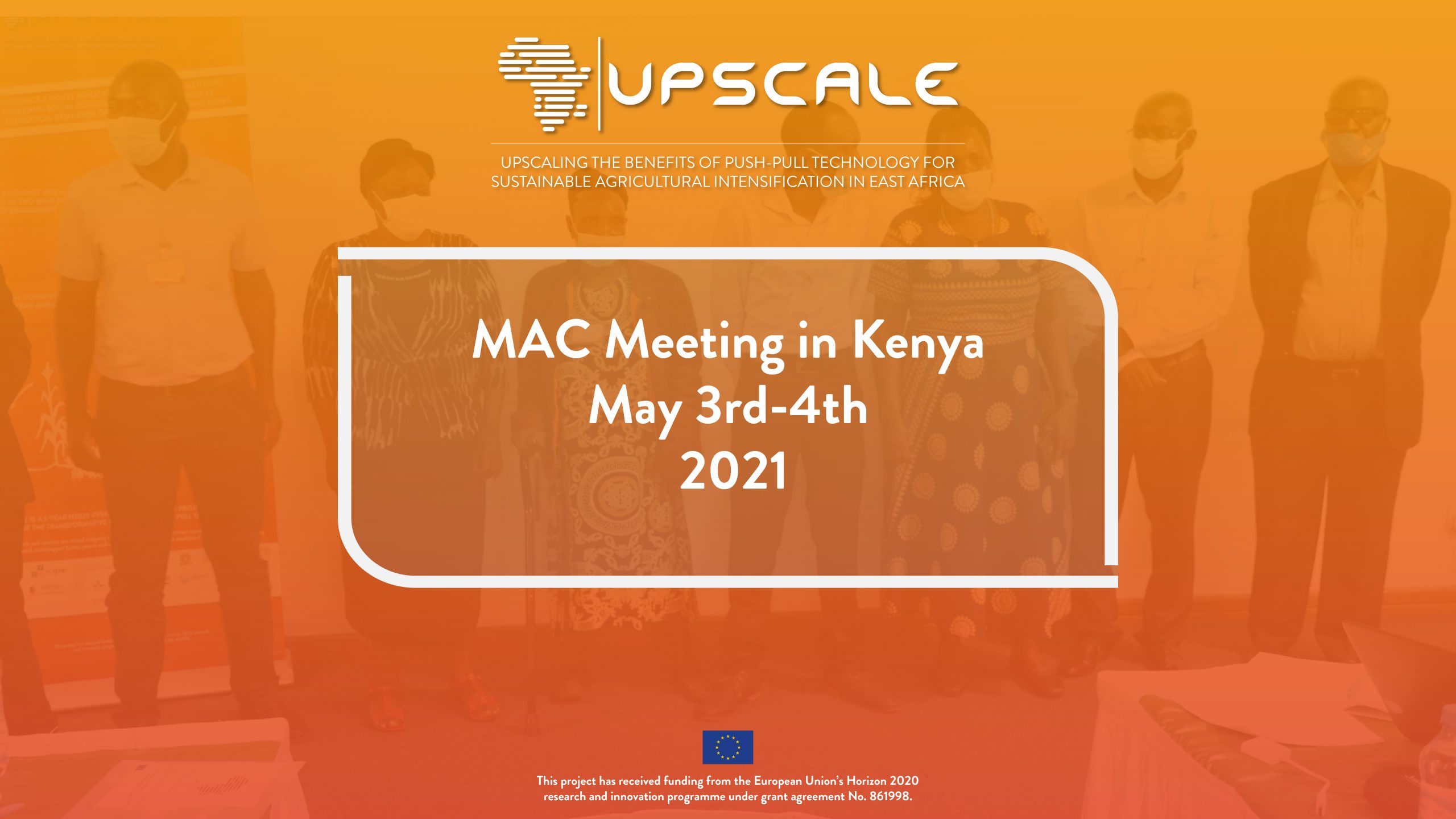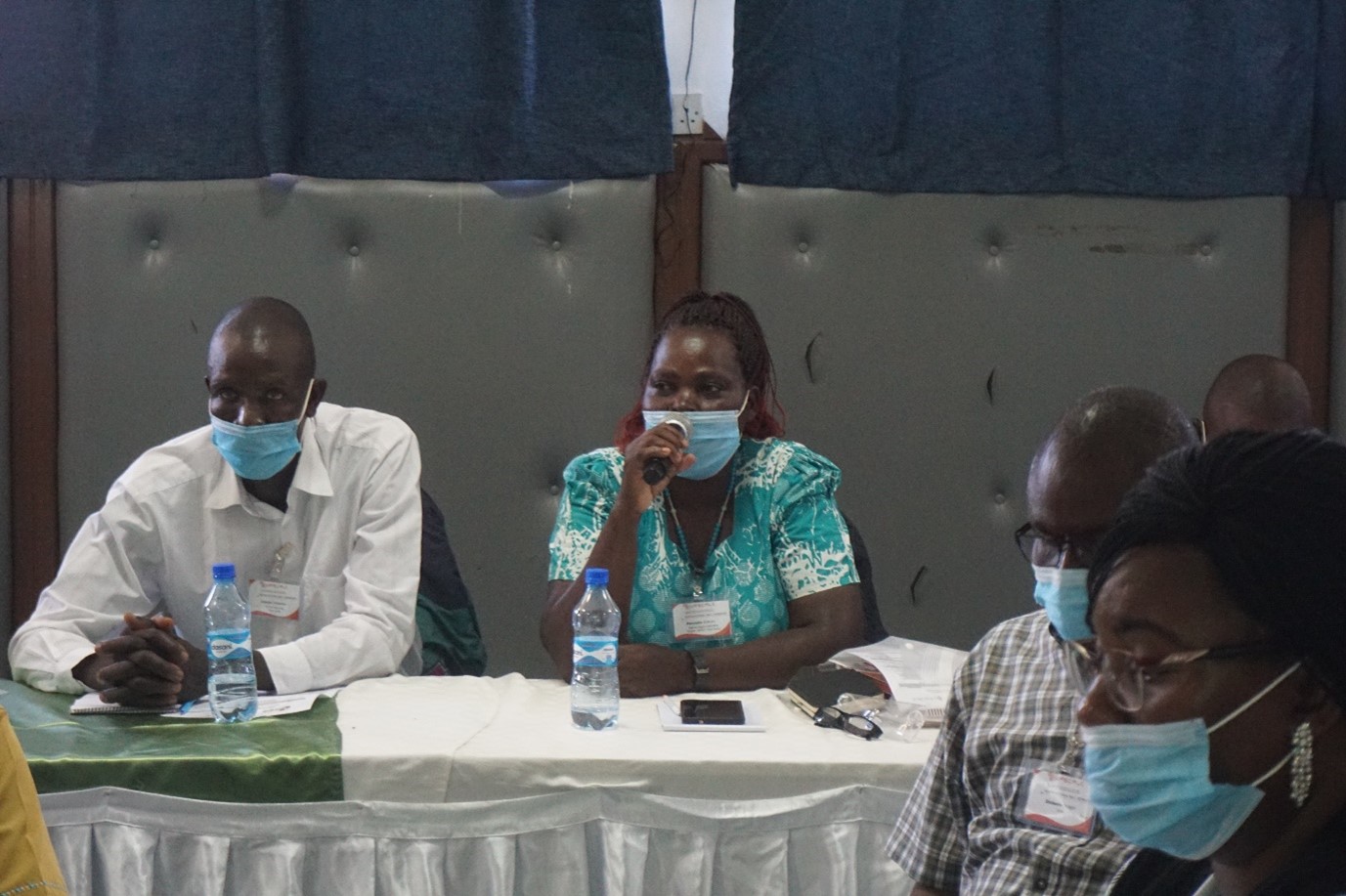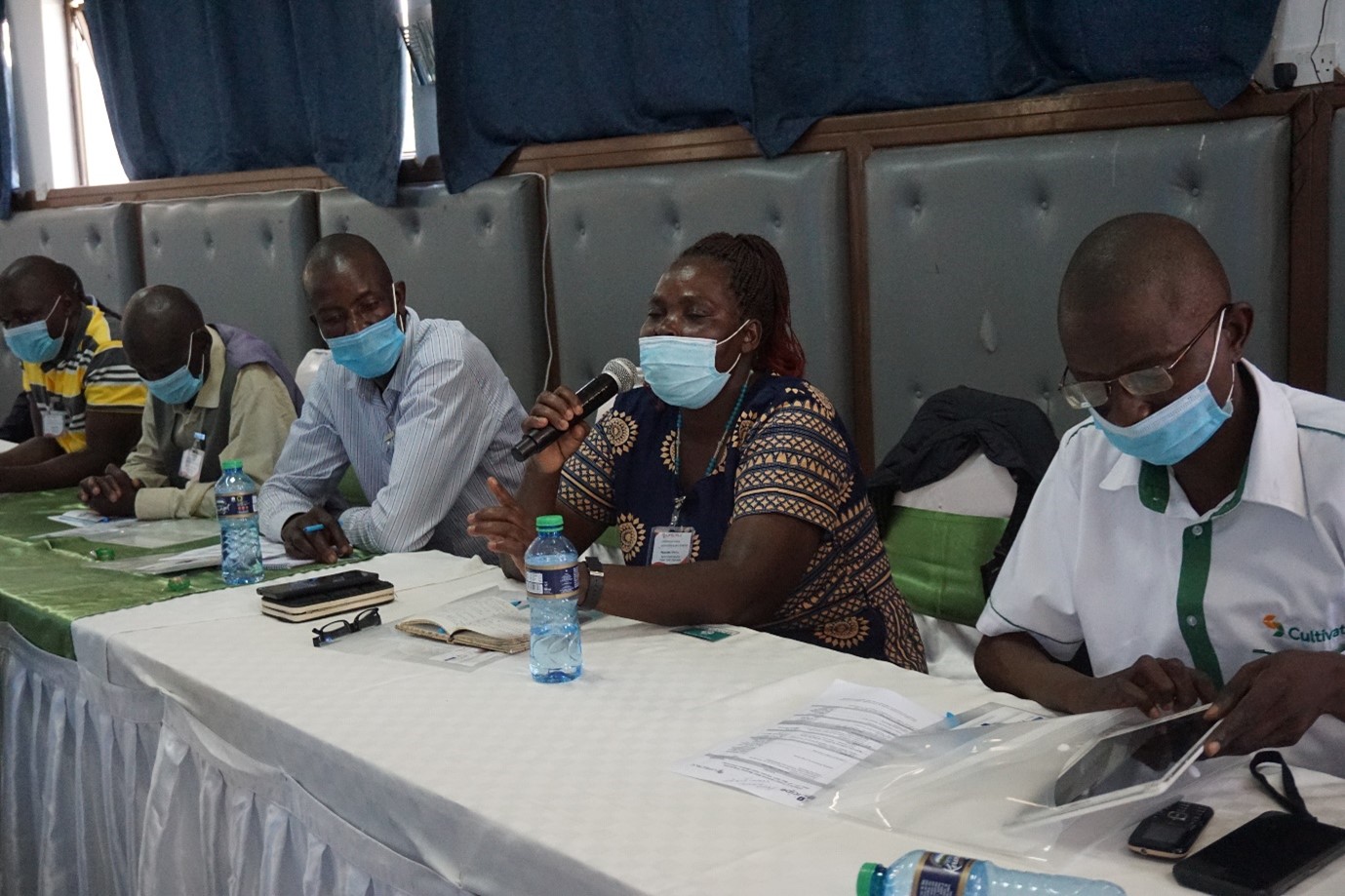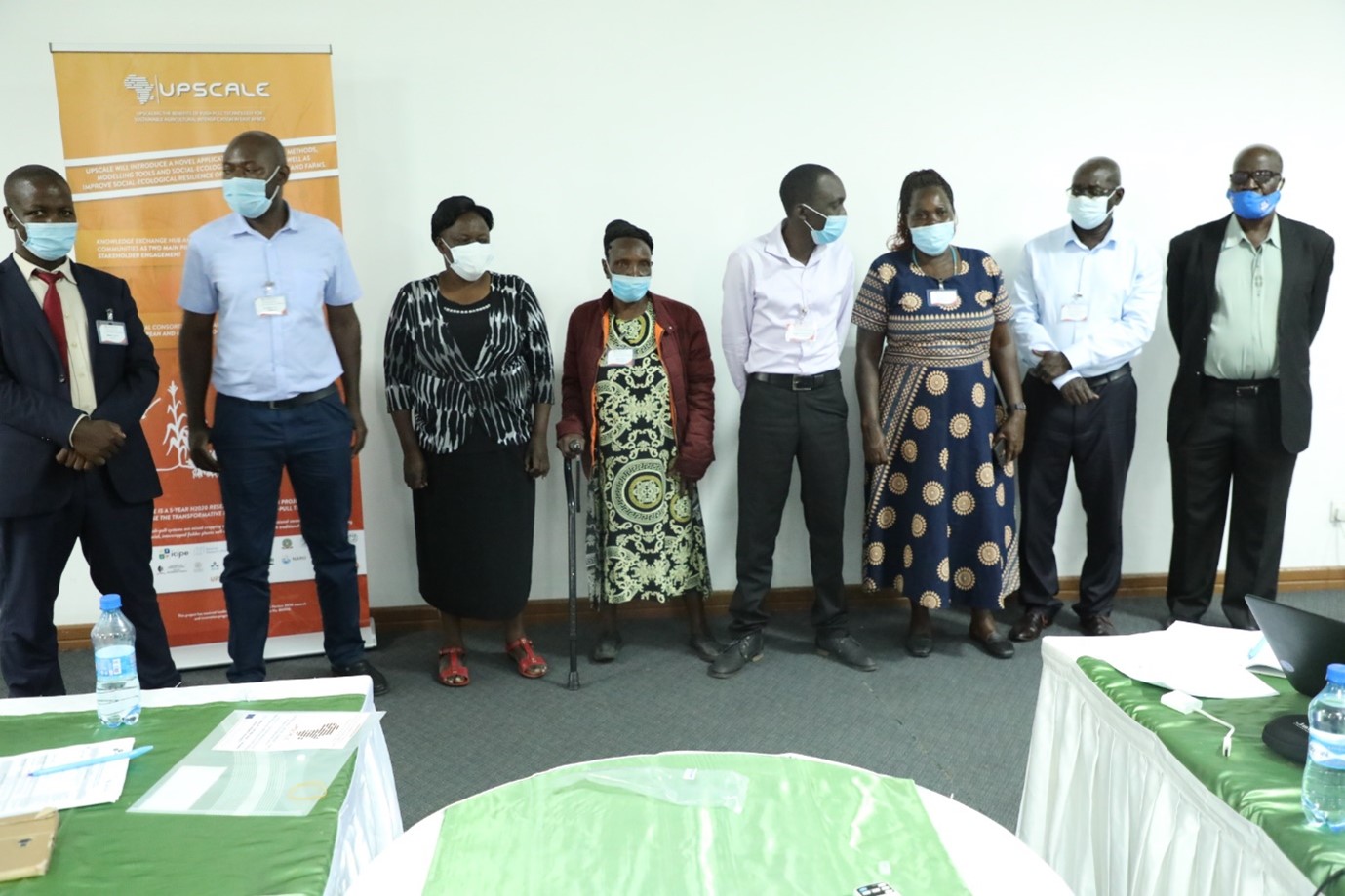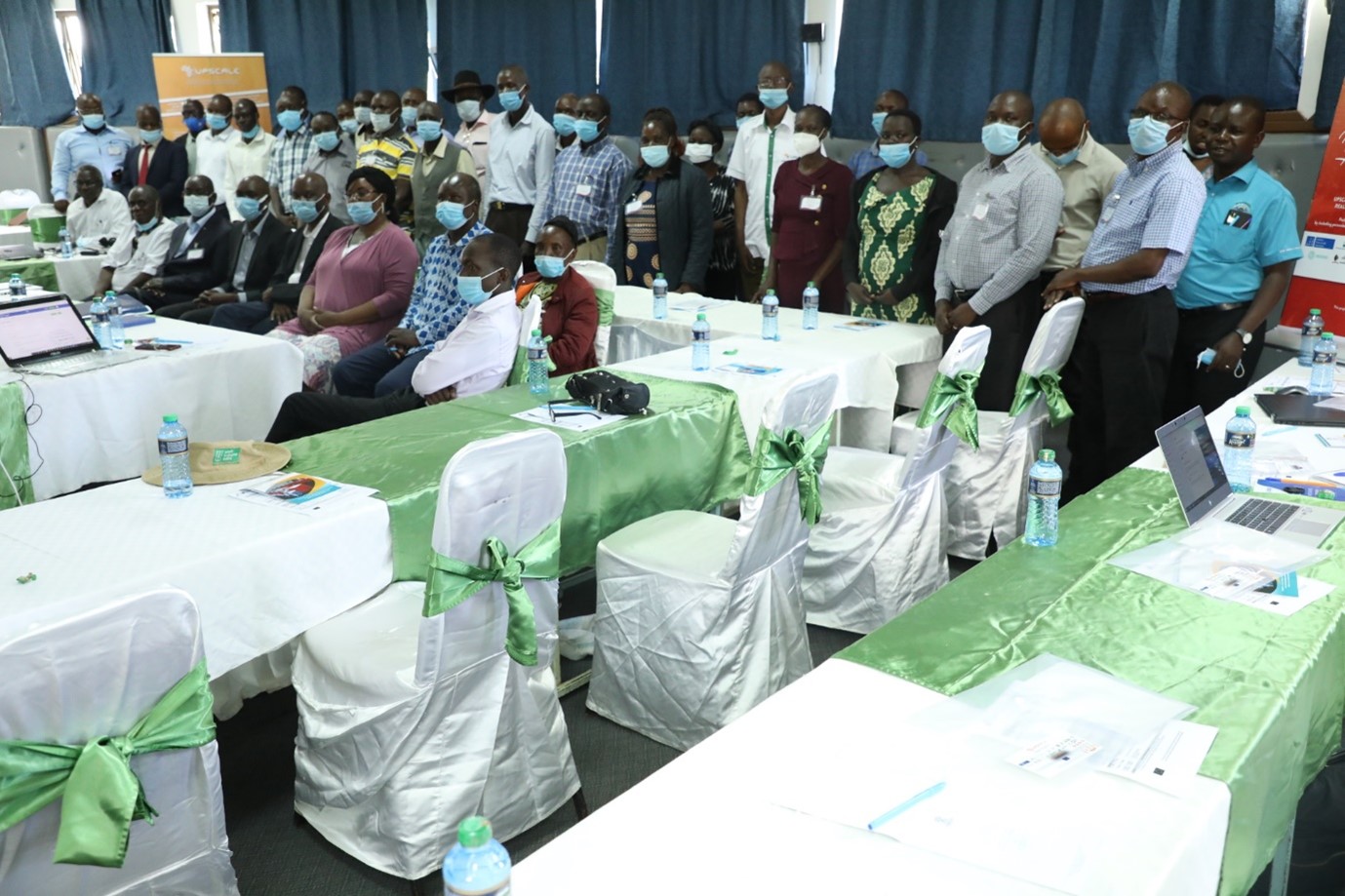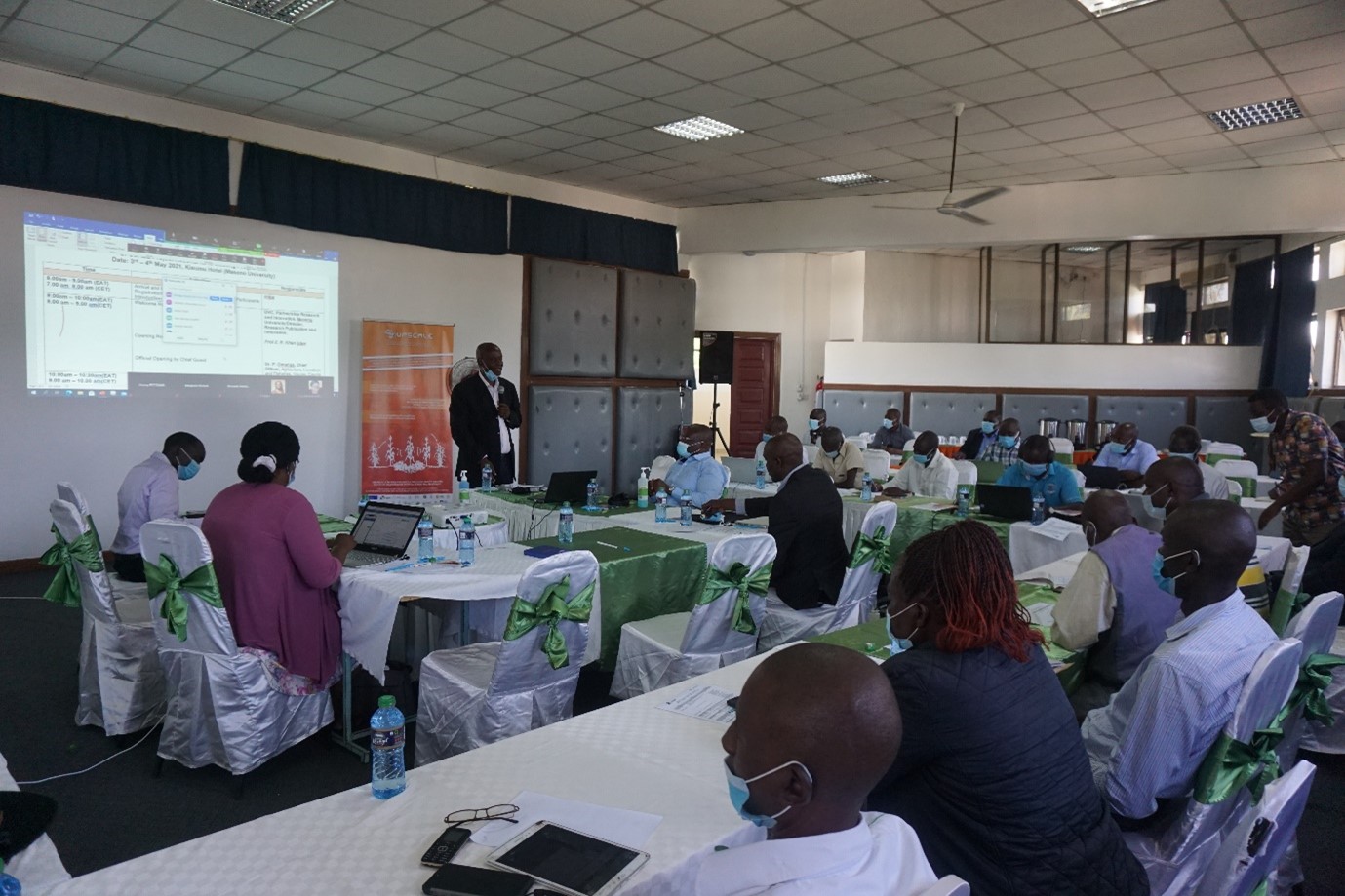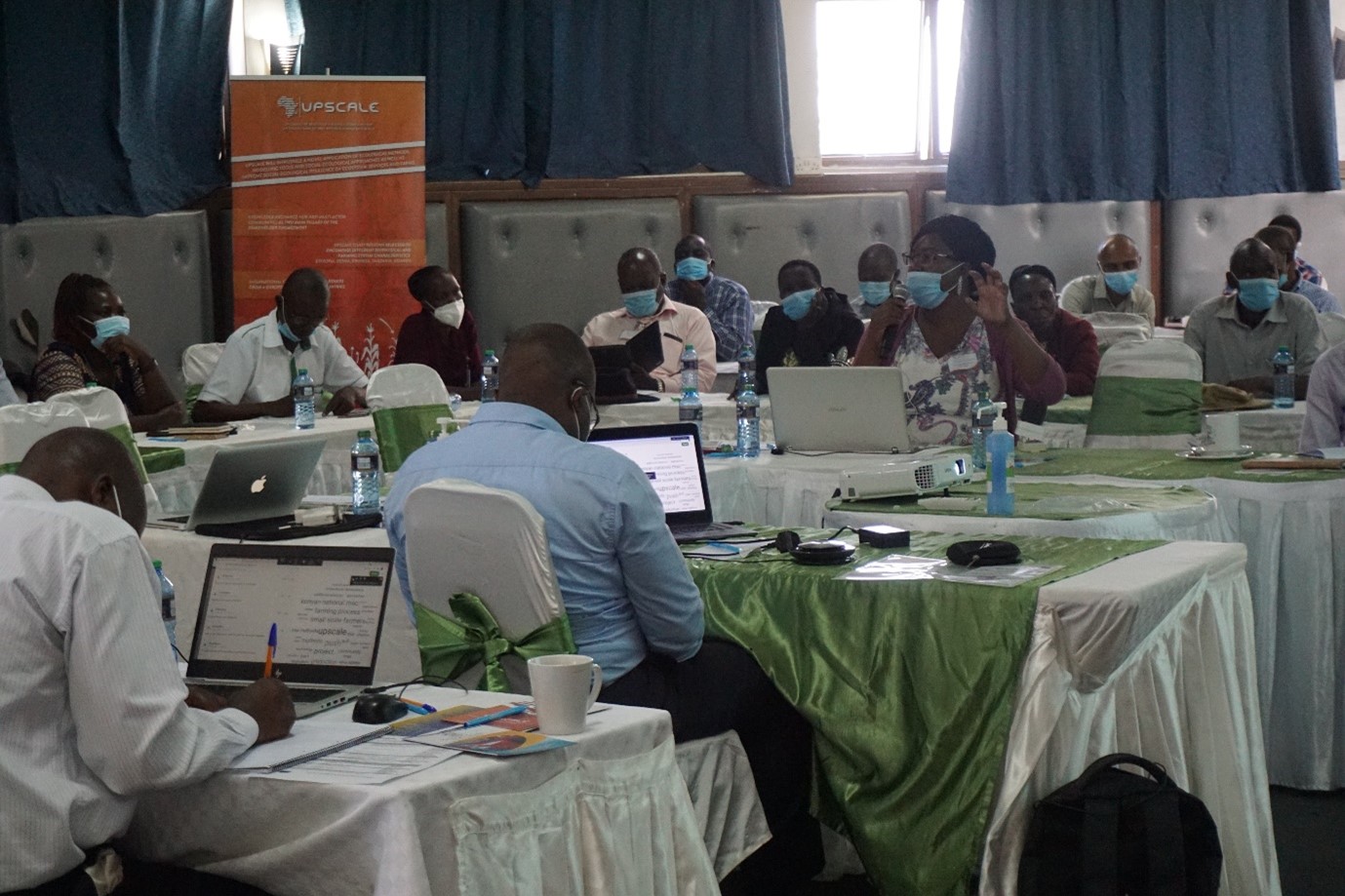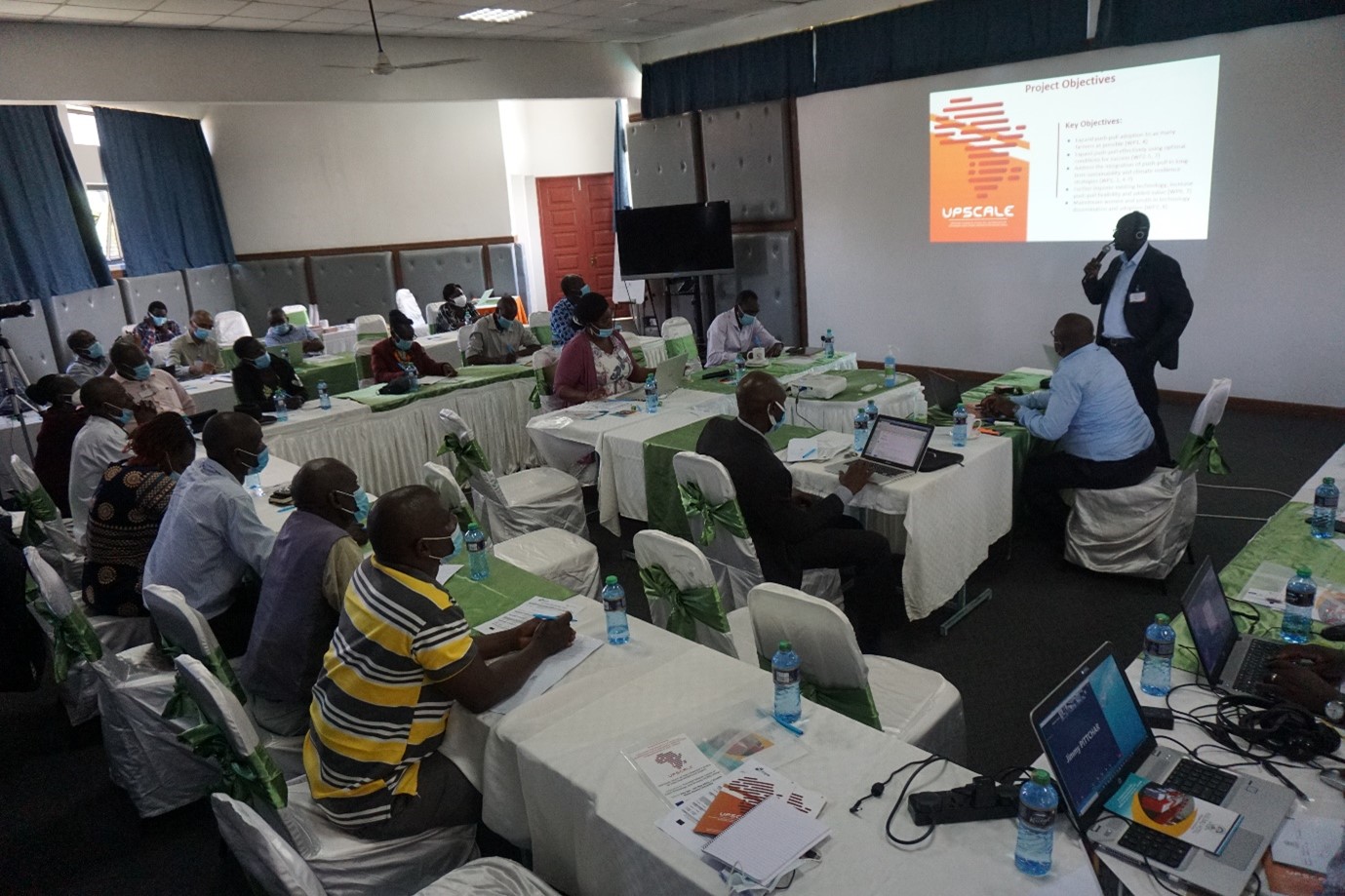During 3rd and 4th of May 2021, a Multi-Actor Communities (MAC) meeting was held in Kisumu, Kenya. Organized by icipe and Maseno University, the chosen site was central to the MAC activities, being in the proximity of the push-pull field and in order to gather various stakeholders from farmers who have already implemented the push-pull technology to those wishing to do so, from researchers to local policymakers.
The main objective of the meeting was the formation of the MAC management team in Kenya, establishing the terms of reference and a schedule of activities for the upcoming season. The MAC meetings on this level enable the networking of different stakeholders/actors, exchange of experiences and they enhance the scale up process of push-pull technology along the value chain.
Prior to attending this meeting, Paskalia wanted to know how she could access funds for farm expansion, finding information on acquiring better seeds and livestock management. At the end of the meeting, she appreciated hearing practical presentation and suggestions from the participants representing various value chains. She aims to stay informed on the news innovations which UPSCALE seeks to achieve in helping farmers. Moreover, due to the disparity in the number of active male and female farmers, Paskalia is a unique leader and changemaker in her own community, providing both an example and a valuable advisor to other women wishing to implement push-pull technology and become farmers.
What are the next steps?
It is through these tree stories, where the true power of push-pull technology is showcased. By including the communities and stakeholders along the whole value chain, Its potential goes beyond short terms benefits and has the potential to reshape the lives of many communities, improving their social and economic status. Jimmy Pittchar, speaking on behalf of icipe, lauded the synergy and participation of a broad range of stakeholders ranging from farmers, input supply chain actors, NGOs supporting various agricultural value chains, government and higher learning institutions.
In conclusion, the meeting brought about interesting perspectives of how different actors could add value to the UPSCALE project outcomes and impacts. The meeting raised expectations of a concerted, inclusive process leading to greater understanding, mutual reinforcement and sustainable expansion of the push-pull technology across different scales as well as different cropping systems.
When it comes to the future steps, the newly formed MAC management team will continue to meet in order to decide on an exact programme of future activities including holding of smaller workshops and events to facilitate the implementation of the project.
